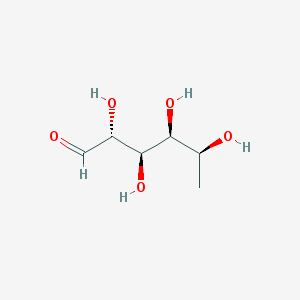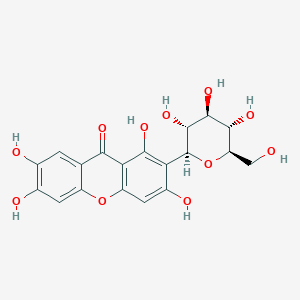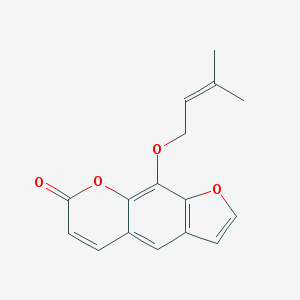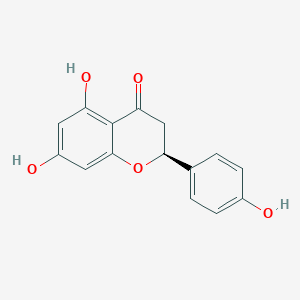Description
α-L-Rhamnose, or rhamnose, is a naturally occurring monosaccharide or sugar found in a variety of plants and microbes. It is a six-carbon backbone aldohexose sugar with a single oxygen atom linked to one of the carbons.
α-L-Rhamnose is a key component of plant cell walls and is involved in a variety of biological activities, including the manufacture of flavonoids and anthocyanins, which are pigments that give many fruits and flowers their colors.
α-L-Rhamnose has also been investigated for its possible health advantages. Some studies have revealed that rhamnose may have anti-inflammatory and antibacterial characteristics, and may assist to enhance the immune system. It has also been examined for its potential use as a prebiotic, a type of dietary fiber that aids in the growth of good intestinal bacteria.
It’s one of the rare sugars found in nature, and its structure and properties offer several benefits and applications in various fields:
- Biomedical Research: L-Rhamnose is widely used in biomedical research, particularly in studies involving bacterial infections. Many bacteria use L-Rhamnose in their cell walls, making it a key target for research in antibiotic development.
- Flavor and Fragrance Industry: In the flavor and fragrance industry, L-Rhamnose is valued for its sweet taste and aroma. It’s used as a natural sweetener in some food products and can also be employed in the formulation of perfumes and other scented products.
- Cosmetics and Skincare: L-Rhamnose finds applications in cosmetics and skincare products due to its skin-friendly properties. It can help in moisturizing the skin and may have anti-aging effects.
- Food Industry: As a natural sugar, L-Rhamnose is used as a sweetener in the food industry. Its low glycemic index makes it a preferable option for diabetic-friendly products.
- Analytical Chemistry: L-Rhamnose is also used as a standard or reference compound in chromatography and other analytical techniques, particularly in the analysis of polysaccharides and glycoproteins.
- Pharmaceuticals: In pharmaceuticals, L-Rhamnose is explored for its potential in drug delivery systems. Its biocompatibility and non-toxic nature make it suitable for such applications.
- Research on Glycosylation: L-Rhamnose is often used in research on glycosylation, the process of adding sugars to proteins or lipids, which is crucial in many biological processes.
- Dietary Supplements: It’s sometimes included in dietary supplements, particularly those focused on gut health, as certain beneficial gut bacteria can utilize L-Rhamnose.





